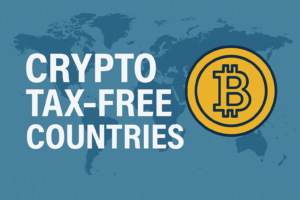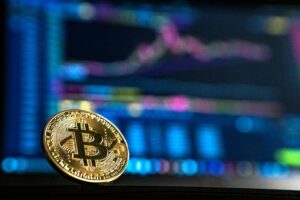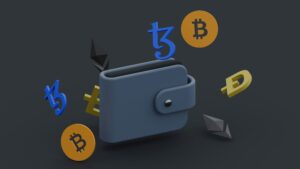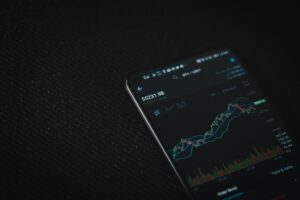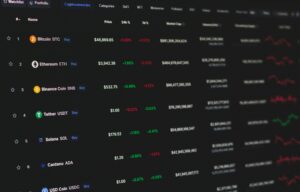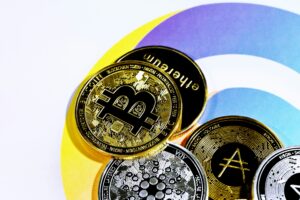Bitcoin Reserve: Why Did South Korea Reject It?
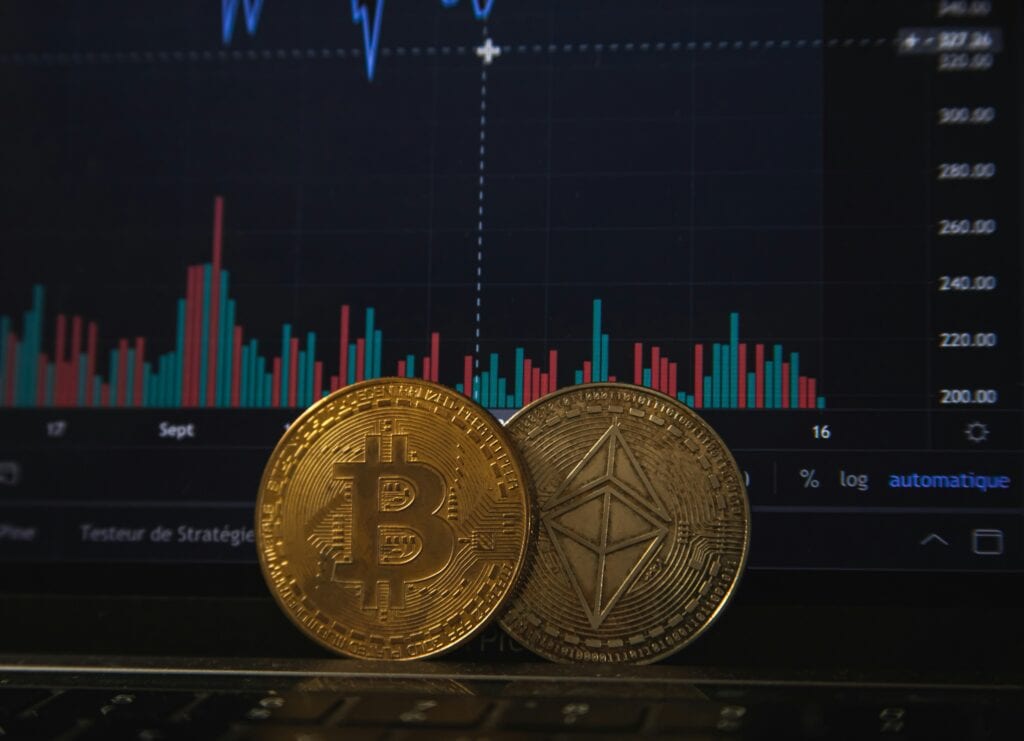
Table of Contents
South Korea recently became known for refusing Bitcoin reserves even though other countries pursue cryptocurrency strategies in their financial operations. The rejection of Bitcoin reserves by South Korea generates questions about their Bitcoin confidentiality while other governments justify their BTC reserve abstention.
South Korea’s Stance on Bitcoin Reserves
South Korean authorities have persistently exercised restrained behavior toward cryptocurrencies while having become a leading center for digital asset exchanges. The government’s refusal to initiate a Bitcoin reserve supports its current regulatory policy that emphasizes financial stability and investor protection.
Regulatory Concerns
South Korea holds back from Bitcoin reserves because the country lacks official legal guidelines regarding Bitcoin as a monetary reserve. The government continues to strengthen its oversight of cryptocurrency exchanges by implementing strong anti-money laundering requirements to fight illegal financial operations. South Korea chooses not to hold Bitcoin in reserve because this decision helps it minimize administrative oversights while keeping complete control of its economic system operations.
Volatility Issues
Bitcoin suffers from abnormally high price oscillations, which present a major issue. Its volatile market prices surpass typical reserves that involve gold or fiat currencies. The price fluctuations of Bitcoin make it unfit to serve as an appropriate reserve asset for South Korea, which maintains stability in its financial environment. The government shows reluctance to incorporate Bitcoin since it fails to provide economic stability.
Lack of Global Consensus
The careful attitude South Korea demonstrates about Bitcoin adoption stands shared by various developed nations including the United States and Japan. The adoption of Bitcoin as a reserve asset remains elusive for both the United States and Japan in addition to other developed nations. The absence of worldwide agreement about Bitcoin’s position in national reserve policies strengthens South Korea’s decision to avoid immediate decisions.
The Future of Bitcoin as a Reserve Asset
Bitcoin continues to advance in global finance but most major economies maintain their resistance to its adoption. El Salvador together with other countries facing economic challenges views Bitcoin as a means to enhance their financial holdings and draw investors. South Korea maintains its position as an economically sound nation that finds the potential advantages of Bitcoin less compelling than its current safety risks.
The advancement in Bitcoin regulatory frameworks and its broader market recognition creates new possibilities for additional nations to consider using it as a reserve asset. South Korea together with numerous other countries will probably continue to exercise caution in their bitcoin usage until further notice.
Final Thoughts
South Korea chose not to implement a Bitcoin reserve because of its volatile nature along with regulatory obstacles and worldwide agreement uncertainties. Several countries explore integrating cryptocurrency systems but most leading economies have not yet taken the step. Bitcoin’s usage as a reserve asset depends on the regulatory reforms and market stabilization that will occur in the future.

